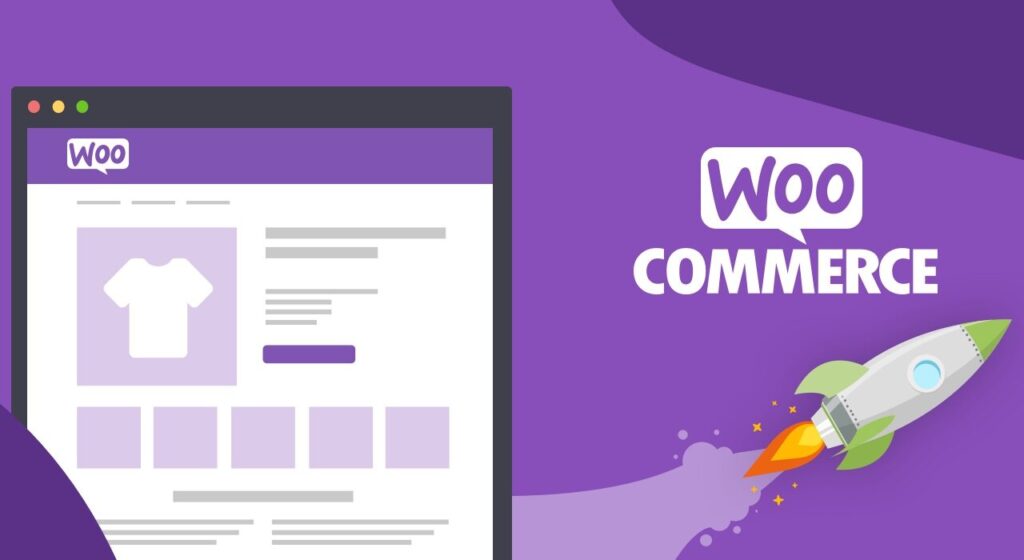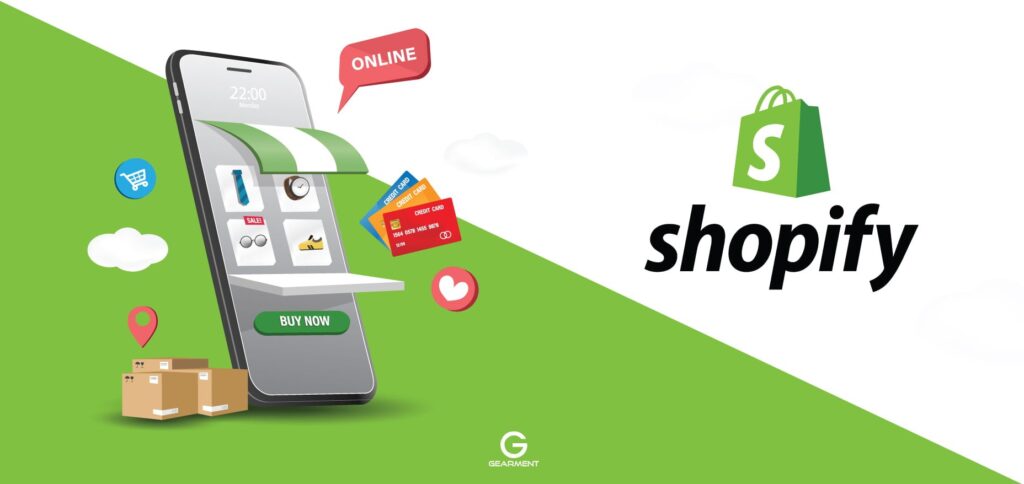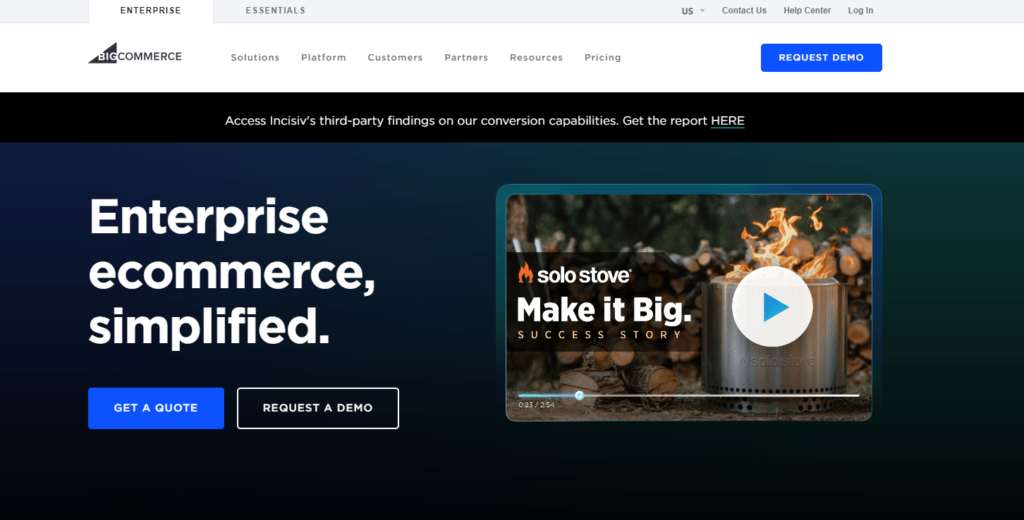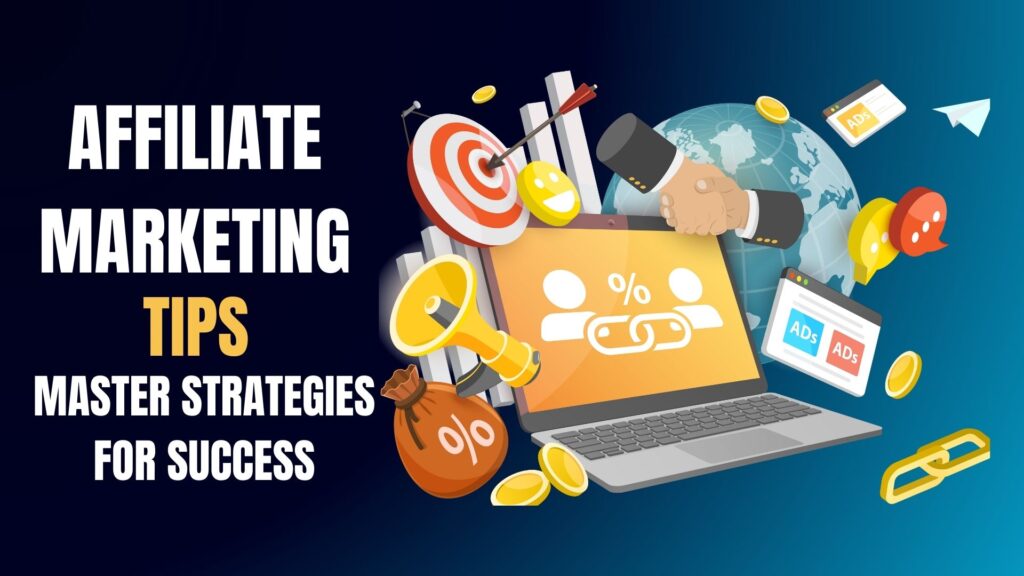Do you want strangers on the internet to trust your business out of the countless options they have?
Then you need an online storefront that looks premium and professional. Choose the best ecommerce platform for your small business and you could see boosted sales and your goals within reach. Think of it as one of the first steps of your small business ecommerce blueprint.
But how do you know which platform is best for your growing business? And which ecommerce features should you look out for? With so many choices out there, your search for the best can get overwhelming.
That’s why we put together this list of the best ecommerce platforms for small businesses. Sift through it and pick the one that suits your business.
5 Best Ecommerce Platforms for Small Business in 2023
- WooCommerce: Suited for small businesses utilizing a WordPress website.
- Shopify: Ideal for small businesses in search of a convenient all-in-one solution.
- BigCommerce: Catering to enterprises that have evolved into sizable corporations.
- Squarespace: Geared towards those interested in creating their own ecommerce website.
- Wix: Designed for ecommerce sites focusing on visual imagery.
Here’s a concise overview of WooCommerce:
- Pricing: Average monthly fee is around $30; Estimated yearly costs include $120 for hosting, $15 for domain name registration, up to $100 for site theme, up to $108 for shipping, 2.9% plus 30¢ per sale, up to $348 for marketing and communications, up to $79 for SEO, up to $65 for SSL certificate.
- Duration of free trial: None, but a 30-day money-back guarantee is provided.
- Integrated sales channels: Google Shopping, Etsy, eBay, Facebook, Amazon, Pinterest, and Walmart; integrations are fragmented.
- Mobile app features: Add products, manage orders, and access analytics.
- Point-of-sale: Native POS functionality available.
- G2 rating ⭐: 4.4/5.

WooCommerce represents WordPress’s solution for venturing into online sales. Initially launched as a platform tailored for blogging websites, it has since evolved into a website builder that includes the option of integrating WooCommerce to enable online sales capabilities.
Given its open-source nature, WooCommerce is amenable to customization for individuals possessing the technical proficiency in website design and coding. In a manner similar to Shopify, it boasts an extensive array of over 6,000 third-party integrations, providing the opportunity to expand your store’s functionalities. Consequently, WooCommerce stands out for its remarkable flexibility.
The WooCommerce plug-in functions as a no-cost business platform, although the inclusion of premium tools might necessitate payment as you gradually incorporate integrations and plug-ins.
Here’s a quick overview of Shopify:
- Pricing: Shopify Basic: $39/month; Shopify: $105/month; Advanced Shopify: $399/month.
- Duration of free trial: 3 days.
- Integrated sales channels: Facebook, Google, Walmart Marketplace, eBay, Instagram, and Amazon.
- Mobile app features: Comprehensive set of mobile tools for complete online business management.
- Point of Sale (POS): Available.
- G2 rating ⭐: 4.4/5.
Shopify is widely recognized as the top tier ecommerce platform for small business. Our all inclusive ecommerce website builder includes complimentary tools and features that empower you to conduct online sales, establish a physical retail presence, venture into social commerce, participate in third-party marketplaces, and collaborate with dropshippers. Through Shopify, you can craft your store’s design using a selection of over 100 themes, whether paid or free, all without the need for coding skills.

Shopify isn’t limited to just catering to small business ecommerce; it boasts an array of features that encompass various aspects of your enterprise. Utilizing our exceptional suite of ecommerce tools, you can construct a comprehensive business command center to effectively operate a thriving online store.
With Shop Pay, you gain access to cost effective online transaction fees, while Shopify POS facilitates in person sales. Additionally, Shopify Fulfillment aids in streamlining order shipments. Shopify users benefit from competitive shipping rates provided by USPS, UPS, DHL Express, and other shipping carriers. In terms of web hosting, the platform supplies unlimited bandwidth and online storage, ensuring your costs remain stable even as your website garners more traffic and sales.
Moreover, Shopify provides a complimentary email marketing service, abandoned cart recovery features, search engine optimization (SEO) tools, and a variety of other native resources tailored for small business proprietors. The robust Shopify mobile app empowers you to oversee your business seamlessly via your phone, with capabilities such as order fulfillment, product addition, real time updates on sales and inventory, and more.
Should you find a particular feature missing, fear not—there’s an expansive library of over 6,000 third party apps at your disposal, enabling you to further enhance your website’s capabilities.
Here’s a concise summary of BigCommerce:
- Pricing: Standard: $29/month; Plus: $79/month; Pro: $299/month (annual payment); Custom pricing for Enterprise.
- Duration of free trial: 15 days.
- Integrated sales channels: Google Shopping, Facebook, price comparison engines, eBay, Amazon, Walmart, Etsy, and Instagram.
- Mobile app features: Access analytics, modify orders, oversee inventory and products, search for customers; certain features exclusive to Android.
- Point-of-sale: Available.
- G2 rating ⭐: 4.2/5.

BigCommerce stands as a comprehensive ecommerce platform that offers a multitude of features. Consequently, it might appear overwhelming for small businesses.
Primarily suitable for larger businesses, corporations, and enterprises, BigCommerce is an optimal choice when specific, tailor-made solutions are required. Such companies typically possess greater access to technical resources or the financial means to acquire those resources, a vital aspect when constructing and customizing an online store using the BigCommerce platform.
BigCommerce encompasses functionalities designed for international commerce, search engine optimization (SEO), and the facilitation of multichannel selling across social media platforms and third-party marketplaces. Additionally, it integrates with PayPal, thereby offering payment options such as “buy now, pay later.”
Here’s a concise overview of Wix:
- Pricing: Light: $16/month; Core: $27/month; Business: $32/month; Business Elite: $159/month. Custom enterprise pricing is also available.
- Duration of free trial: No free trial offered.
Integrated sales channels: Integration with Facebook and Instagram necessitates third-party app Ecwid. - Mobile app features: Provides website management capabilities; lacks essential business tools like inventory management; requires a separate app for mobile point-of-sale (POS).
- Point-of-sale: Offered.
- G2 rating ⭐: 4.2/5.

Wix features a website builder equipped with supplementary ecommerce focused functionalities. Through paid plans, you can unlock ecommerce capabilities such as order tracking, online payment processing, multichannel selling, and campaigns for abandoned carts. Access to analytics tracking, essential for monitoring ecommerce key performance indicators (KPIs), requires a paid subscription.
Regarding storefront design, you have a selection of over 500 templates at your disposal. The drag and drop interface empowers you to tailor the appearance and ambiance of your online store according to your preferences. Wix extends support for subscription based billing and facilitates dropshipping by collaborating with third party providers.
Here’s a concise overview of Squarespace:
- Pricing: Personal: $16/month; Business: $23/month; Basic Commerce: $27/month; Advanced Commerce: $49/month; Enterprise pricing also available.
- Duration of free trial: 14 days, extendable by seven days as a one-time trial extension.
- Integrated sales channels: Utilize the Shopping Feed extension to facilitate sales on platforms like Amazon, eBay, Etsy, and Google Actions.
- Mobile app features: Capabilities include website editing, scanning of shipping labels, order management, inventory oversight, and customer communication.
- Point-of-sale: Accessible through the mobile app.
- G2 rating ⭐: 4.4/5

Squarespace presents itself as a viable choice for small businesses owing to its user friendly interface. With the aid of Squarespace’s templates, drag and drop tools, and dependable functionality, establishing an online store becomes an accessible endeavor.
Originally introduced as a website builder, Squarespace has expanded its offerings to accommodate online sellers, although its initial focus wasn’t solely on ecommerce. While numerous Squarespace users predominantly market services, the platform is equally applicable to businesses centered around physical products.
Among the features provided are integrations for scheduling and calendars, email marketing capabilities, seamless incorporation of social media, and the inclusion of embeddable maps to assist customers in locating your physical establishment, if applicable. Moreover, Squarespace extends support for recurring billing, catering to subscription based business models.
How to choose an ecommerce platform
To select the most suitable ecommerce platform for your business, it’s essential to consider a range of key factors that align with your needs and objectives. Here are crucial criteria to guide your decision-making:
Cost and Pricing:
Evaluate both initial and ongoing expenses, encompassing hosting fees, transaction charges, additional services, plugins, and potential development costs.
Ease of Use:
Prioritize platforms that are user-friendly and intuitive, particularly if you lack advanced technical skills. You should be able to manage tasks like product addition, order handling, inventory management, and discounts without complications.
Scalability:
Opt for a platform capable of accommodating your business’s growth. Ensure it can manage increased traffic and higher sales volume. Look for expandable options or plans that can be upgraded with additional features as your business evolves.
Customization Options:
Choose a platform that allows you to establish a unique and brand-reflective online presence. This involves customizing storefront designs, modifying layouts, and incorporating or removing features as needed.
Security:
Given the sensitivity of customer data like credit card details, prioritize platforms compliant with PCI-DSS regulations and equipped with SSL certificates to ensure data security.
Integrations:
Check if the platform supports integrations with other software you utilize, such as email marketing, accounting, or CRM systems. Compatibility with these tools enhances your operational efficiency.
Mobile Responsiveness:
Given the surge in mobile shoppers, prioritize platforms offering seamless experiences across diverse devices. Look for mobile-optimized templates or themes.
Customer Support:
Opt for platforms providing reliable and round-the-clock customer service. Prompt assistance is crucial for troubleshooting and addressing queries during your usage.
Marketing Tools:
Look for platforms equipped with features supporting your marketing endeavors, including social media integration, email marketing, abandoned cart recovery, and the ability to collect customer reviews.
Inventory Management:
Depending on your product catalog’s complexity, choose a platform with robust inventory management capabilities. This could involve bulk import/export, stock alerts, and support for various product variants.
Payment Options:
Ensure the platform supports a diverse array of payment methods to cater to customer preferences, encompassing credit/debit cards, Shop Pay, Apple Pay, and more.
By carefully considering these factors, you can confidently choose an ecommerce platform that aligns with your business goals and offers the tools necessary for your success.
The best ecommerce platform is different for each business
Determining the optimal ecommerce platform is a bespoke process for each business. There isn’t a universal answer, as numerous factors, such as your online store’s uniqueness and specific objectives, play a pivotal role. Whether your focus is on budget constraints, specific features, or other considerations, there’s an ecommerce platform tailored to suit every business.
Ultimately, the key lies in discovering a platform that combines user-friendliness with scalability, adapting as your online store evolves. It’s prudent to explore multiple options before making a commitment. Leveraging free trials can provide valuable insights into whether a particular platform aligns with your needs and aspirations.
Best ecommerce platform for small business FAQ
What are the best platforms for small business selling?
Shopify
WooCommerce
BigCommerce
Squarespace
Wix
Which is the best ecommerce platform for beginners?
Shopify is widely considered the top choice for beginners in the ecommerce arena. Its plug-and-play approach offers an all-in-one package that provides free tools enabling merchants to sell online, in physical stores, via social media, third-party marketplaces, and with dropshippers. Additionally, Shopify includes unlimited bandwidth, a free email marketing service, abandoned cart recovery, search engine optimization (SEO) tools, and other built-in features for business owners.
Which ecommerce site is the most widely used?
Shopify stands as the most widely used ecommerce platform, while Amazon takes the lead as the most extensively utilized ecommerce marketplace. Ecommerce merchants typically leverage both marketplaces and their own websites built on ecommerce platforms.
What features should I prioritize in an ecommerce platform for the success of my online business?
When selecting an ecommerce platform, prioritize features such as user-friendliness, mobile responsiveness, secure payment gateways, search engine optimization (SEO) capabilities, and effective inventory management. These features collectively contribute to a seamless shopping experience for your customers and enable efficient management of your online business operations.









